Rio 2016: Russia ban is 'the rebirth of the Olympics'
- Published
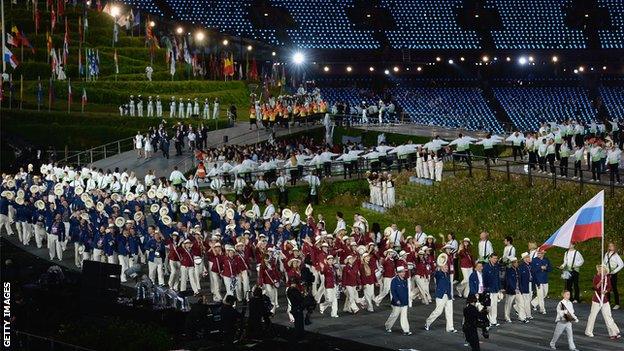
The Court of Arbitration for Sport upheld the IAAF's ruling to prevent Russian athletes from competing in Rio
The decision to ban Russian athletes from competing at Rio 2016 is the "rebirth of the Olympics", says 2004 gold medallist Darren Campbell.
Russian track and field athletes have been banned amid claims the country ran a state-sponsored doping programme.
"It's a landmark statement that allows us to move forward and be inspired by pictures we'll see at the Games," said 4x100m relay champion, external Campbell, 42.
"Any other decision would have been the death of athletics and the Olympics."
The Russian Olympic Committee (ROC) and 68 Russian athletes attempted to overturn the suspension, implemented by the IAAF - the body that governs world athletics.
But the Court of Arbitration for Sport (Cas) has ruled it can stand.
A handful of Russian athletes could still compete as neutrals at the Rio Games, which start on 5 August.
The view from Russia
Russian athlete Sergey Shubenkov, the reigning 110m hurdles world champion, has told the BBC that "no-one cares my career is ruined".
"People who have been taking drugs should be punished and I have no tolerance for them, but today I am punished and I am a clean athlete," the 25-year-old added.
Shubenkov had submitted an application to compete in Rio as a neutral athlete but his request was denied.
However US-based long jumper Darya Klishina and doping whistleblower Yuliya Stepanova have been cleared to compete as independent Olympic athletes.
Analysis
BBC athletics correspondent Mike Costello
Whatever the arguments about the strength of the evidence and the credibility of the whistleblowers, there is in all of this one undisputable fact. As we speak, there are 55 Russian athletes on the list of drug offenders compiled by the IAAF.
That is three times as many as any other medal-winning nation. If there is no means of ridding the sport of that kind of culture, then the sport has no future worth protecting.
- Published21 July 2016
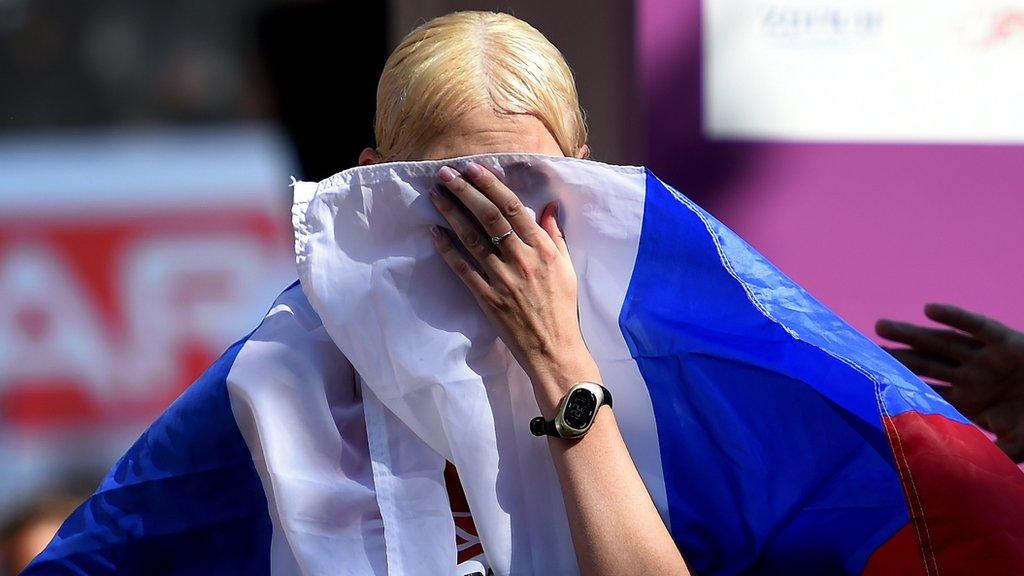
- Published21 July 2016
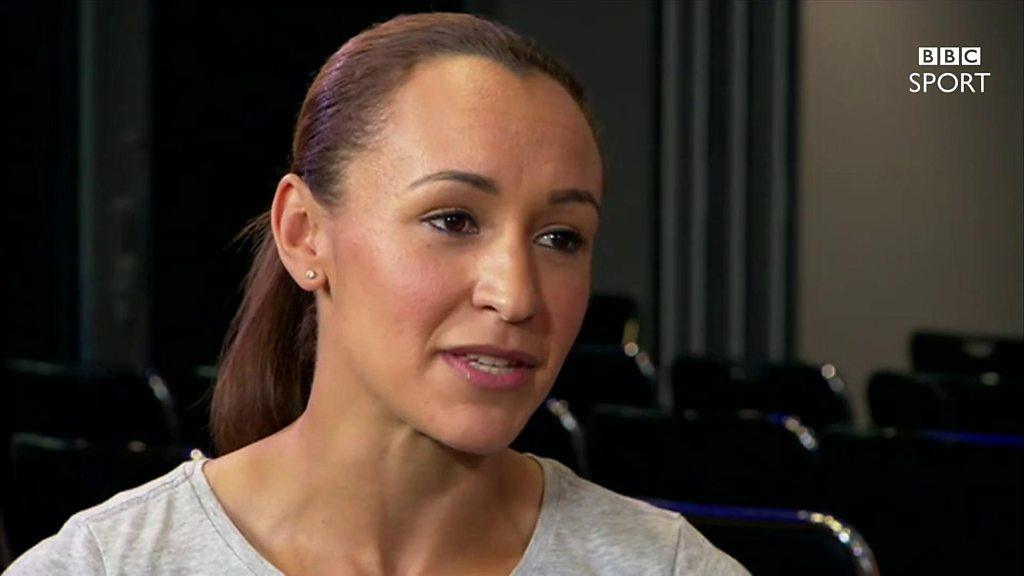
- Published21 July 2016
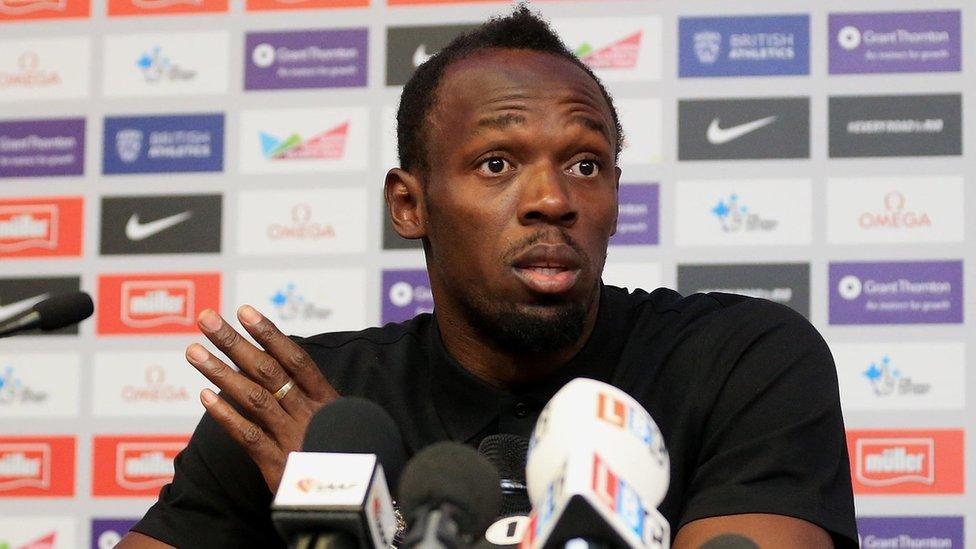
- Published3 March 2018

- Published8 February 2019

- Published19 July 2016
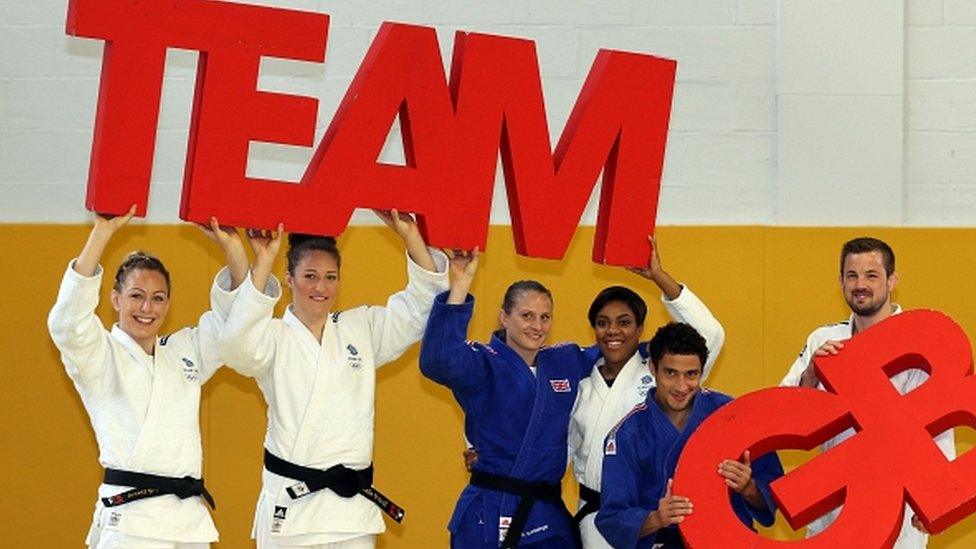
- Published19 July 2016

- Published13 May 2016
